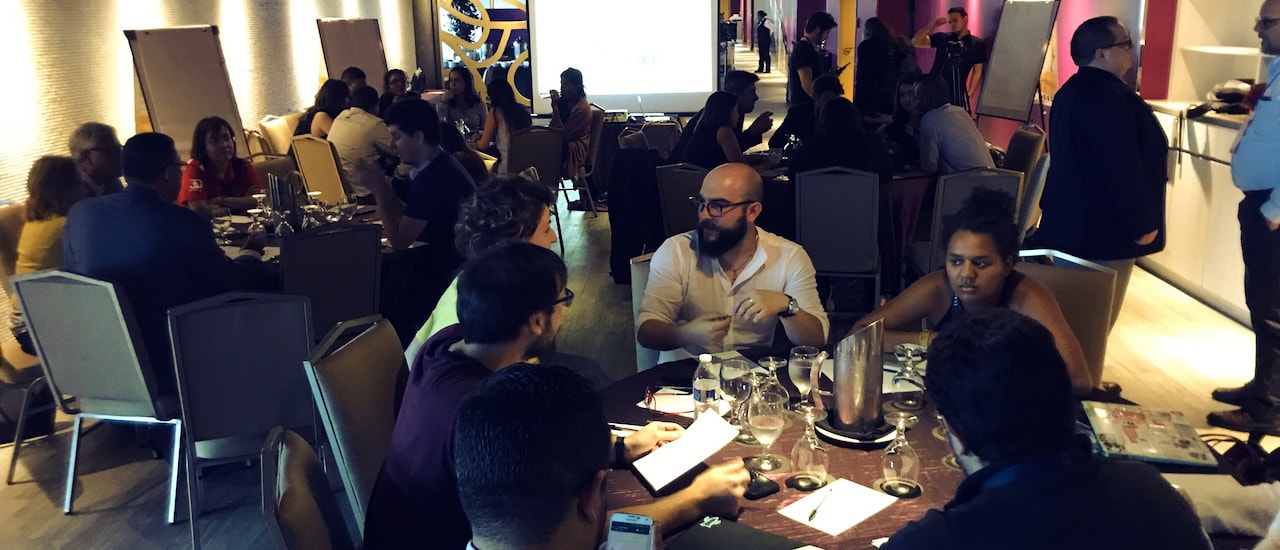When we talk about the impact of the Internet and technology on future jobs, is important to bring youth to the center of the discussion: they will live the future of work and can contribute to shaping it.
“The Internet and Jobs: A Youth Conversation,” held in Panama in June 2018, was a side event organized by the Internet Society in coordination with Y20 and the Youth Observatory that brought together a group of young people, students, lawyers, communicators, and entrepreneurs to discuss the topic.
What do young people think about the impact of the Internet on employment? How do they see themselves in this scenario? What tools are necessary to take full advantage of the opportunities that the Internet offers them? These were some of the most challenging questions addressed during the meeting.
While education was the key of the debate, several themes came up from the conversation:
- Boosting digital skills by scaling initiatives:It was argued that the lack of digital skills is starting to amplify the digital divides as more and more jobs are requiring some level of digital skills. In this context, equipping children and youngsters with the skills required to enter the job market is more necessary than ever. Governments, institutions, and industry must prioritize skills development and training to empower youth for the digital economy. While many initiatives are currently being implemented in different countries of Latin America, it is essential to scale them to have a more significant impact.
- Developing skills that endure for life: While digital skills are essential for the future, particular attention was paid to skills that endure.Preparing youngsters for a lifetime will help them to understand the rapid evolution of technology better and adapt their skills to the different scenarios. Skills for life need to be better incorporated into the curricula not only to understand technology but also to help them on all spheres of life. Some of the skills mentioned were: assertive communication, perspective taking, emotional intelligence, and critical thinking.
- Memorization vs. Critical Thinking: In primary education, memorization of information is still an essential part of the learning experience. As memorizing is precisely the thing that machines do best, participants highlighted the importance of critical thinking as a tool that will help youth to better prepare for the future as it will enable them to better understand emergent technologies such as Artificial Intelligence and machine learning.
- Building capacities in rural communities:Rural areas face several challenges from the lack of infrastructure to the lack of specific training to use technology. As youth from Central America formed one of the breakout groups, they recommended improving the collaboration between stakeholders to provide not only better connectivity but also skills development in rural areas.
As it becomes crystal clear that quality education is essential for rethinking the future of work, the question, once again, is how to move forward. While a range of paths is possible, we cannot forget that we already have the tools to make the change: the Sustainable Development Goals.
As Claudio Lucerna, an AI researcher at the University of Paraiba in Brazil, addressed during the discussion: “When we talk about education and the future work we are talking about key issues of the global human agenda which is translated into the SDGs. They’re so important that it is fair to say that many other goals depend on these two. The good, adequate, open, democratic, and inclusive use of digital technologies and the Internet is the best opportunity in the history of humankind to scale tools, solutions, and practices that will help us fulfill those goals.”
When it comes to Internet Governance, we don’t just need young people to be the future – we need them to be part of the present. Apply to the Youth@IGF Programme!

